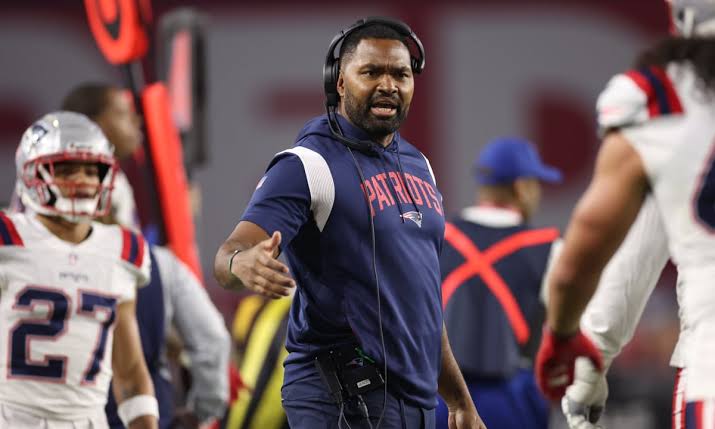Under Bill Belichick’s leadership, the New England Patriots historically did not place significant emphasis on the running back position.
However, with the transition to an Eliot Wolf-led front office, there is growing consideration of extending their current starting running back, Rhamondre Stevenson.
Stevenson himself has hinted at an impending extension, and discussions between his camp and the Patriots are reportedly progressing, according to The Athletic’s Jeff Howe. Despite this potential for an extension, Stevenson remains in the final year of his rookie contract.
During Tom Brady’s era, the Patriots prioritized pass-catching running backs like Kevin Faulk and James White, but other running backs like Danny Woodhead, Shane Vereen, Stevan Ridley, BenJarvus Green-Ellis, and Damien Harris either left after their rookie deals or saw their roles diminished. Notably, LeGarrette Blount and Corey Dillon (who received an early extension) provided exceptions to this trend.
The landscape for NFL running backs has evolved significantly since Dillon’s extension in 2005. Recent contracts, such as Christian McCaffrey’s record-setting deal, have set new benchmarks, although most high-priced running backs have seen their teams move on or restructure their contracts in recent years.
When negotiating Stevenson’s extension, contracts like D’Andre Swift’s three-year, $24 million deal with the Bears and Tony Pollard’s three-year, $21.75 million deal with the Titans could serve as relevant comparables. Stevenson, despite showing promise with 1,461 scrimmage yards in 2022, is not yet in the elite tier of running backs, potentially influencing the terms of his extension.
Patriots coach Jerod Mayo expressed optimism about Stevenson’s future, highlighting his potential and contributions to the team.
The Patriots’ recent trend of rewarding in-house talent, as seen with other players this offseason, suggests Stevenson has a good chance of staying in New England beyond 2024, pending further negotiations.

